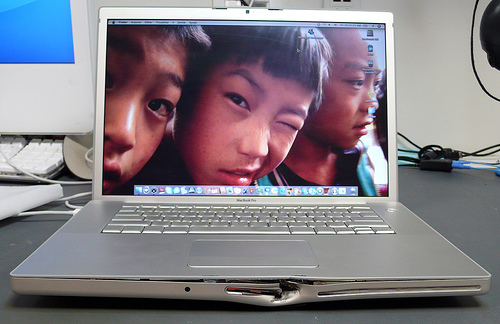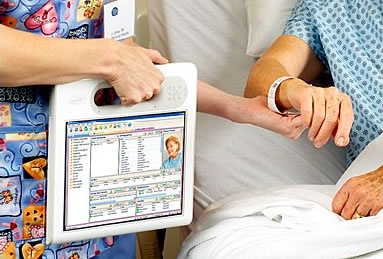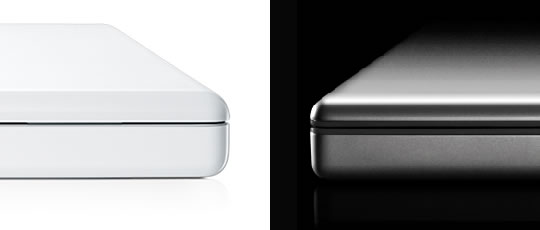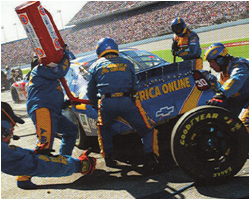Google Briefcase: Access to your Google Apps when you're not online
The great thing about web based applications is all your data is stored on a server instead of on your computer and the worst thing about web based applications is all your data is stored on a server instead of on your computer. As much as I love Gmail, Google Calendar, Documents and Spreadsheets and all the other Google applications I've been burned more than once by not having an important e-mail or document on my computer when I couldn't get to an internet connection. Google should really create a desktop application that automatically saves recent e-mails and active documents to your computer so you can get to your stuff when you can't get to an Internet connection, sort of like a briefcase that automatically grabs all your important stuff.






